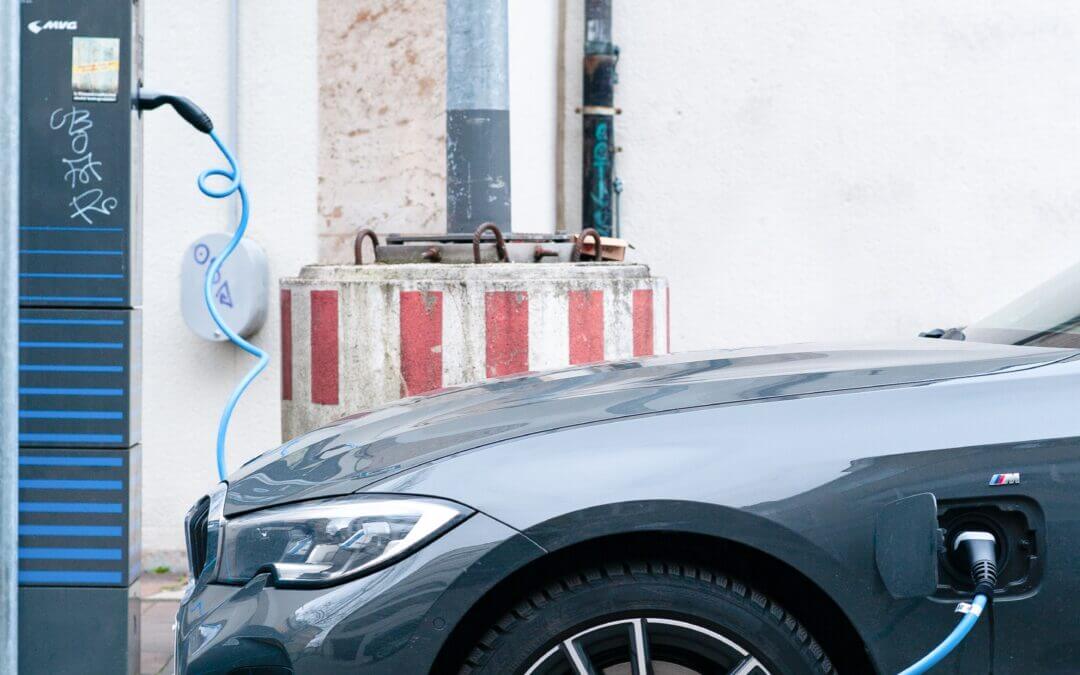In situation where all fossil fuels are getting more and more expensive lot of people are looking for more sustainable and cheaper ways to run their houses, businesses, cars and everyday lives. Not everyone was too savvy on economy of renewable energy sources before, so now questions and dilemmas arise, which is better investment for a household photovoltaics, solar cells or thermal insulations for houses; what is better purchase, fully electric or hybrid car.
The question of whether a hybrid or electric car has better fuel economy is a commonly debated topic among car enthusiasts and environmentally conscious individuals. Both types of vehicles have their unique benefits, but the choice ultimately depends on the user’s lifestyle and driving habits.
Hybrid cars combine a traditional gasoline engine with an electric motor and battery. The electric motor assists the gasoline engine, resulting in better fuel economy. The gasoline engine also charges the battery, and the electric motor can run the vehicle alone for short distances. In a way this principle is already present in conventional cars, where starter, small electric motor, is helping gasoline or diesel motor start running when car is turned on. Difference is that in hybrid cars this electric motor is not that small, it can add significant amount of horse powers to the car, and it doesn’t just help with turning on the engine. It is used to get the car moving and accelerating it before conventional engine takes over.
Electric motor is also used for electric breaking, so the kinetic energy during breaking isn’t going to vain but helps charging the battery. Instead of small battery as seen in traditional cars, this one is bigger, usually placed under the seat or in the trunk of the car.
On the other hand, electric cars run solely on electric power and do not have a gasoline engine. They require charging at electric stations and have a limited range depending on the battery’s capacity.
In terms of fuel economy, electric cars have a clear advantage over hybrids. Electric cars can travel 100 miles or more on a single charge, while hybrids usually only achieve about 50 miles per gallon. According to the US Department of Energy, the average cost of electricity in the US is 13 cents per kilowatt-hour, while gasoline costs an average of $3 per gallon. This means that electric cars are significantly cheaper to operate than hybrid cars.
Both cars do well in stop-and-go traffic, as they’re not using fuel while idling.
Main advantage of hybrids cars is that they have a greater range than electric cars, as they have both a gasoline engine and electric motor. And gasoline trunk still stores more energy per unit of volume than electric batteries, even though they are getting of more and more capacity as technology improves.
Owning an electric car also can be expensive due to the high cost of the battery and charging infrastructure. So, electric cars may not be practical for people who frequently travel long distances, as they may need to stop and charge the vehicle multiple times along the way. But would be great choice for people who use they car every day for medium distances and have time charge in between.
In conclusion, both hybrid and electric cars have their unique benefits, so the choice ultimately depends on the user’s lifestyle and driving habits. Those who frequently travel long distances may find hybrids more practical, while those who commute short distances and have access to charging infrastructure may prefer electric cars.
The question of whether a hybrid or electric car has better fuel economy is a commonly debated topic among car enthusiasts and environmentally conscious individuals. Both types of vehicles have their unique benefits, but the choice ultimately depends on the user’s lifestyle and driving habits.
Hybrid cars combine a traditional gasoline engine with an electric motor and battery. The electric motor assists the gasoline engine, resulting in better fuel economy. The gasoline engine also charges the battery, and the electric motor can run the vehicle alone for short distances. In a way this principle is already present in conventional cars, where starter, small electric motor, is helping gasoline or diesel motor start running when car is turned on. Difference is that in hybrid cars this electric motor is not that small, it can add significant amount of horse powers to the car, and it doesn’t just help with turning on the engine. It is used to get the car moving and accelerating it before conventional engine takes over.
Electric motor is also used for electric breaking, so the kinetic energy during breaking isn’t going to vain but helps charging the battery. Instead of small battery as seen in traditional cars, this one is bigger, usually placed under the seat or in the trunk of the car.
On the other hand, electric cars run solely on electric power and do not have a gasoline engine. They require charging at electric stations and have a limited range depending on the battery’s capacity.
In terms of fuel economy, electric cars have a clear advantage over hybrids. Electric cars can travel 100 miles or more on a single charge, while hybrids usually only achieve about 50 miles per gallon. According to the US Department of Energy, the average cost of electricity in the US is 13 cents per kilowatt-hour, while gasoline costs an average of $3 per gallon. This means that electric cars are significantly cheaper to operate than hybrid cars.
Both cars do well in stop-and-go traffic, as they’re not using fuel while idling.
Main advantage of hybrids cars is that they have a greater range than electric cars, as they have both a gasoline engine and electric motor. And gasoline trunk still stores more energy per unit of volume than electric batteries, even though they are getting of more and more capacity as technology improves.
Owning an electric car also can be expensive due to the high cost of the battery and charging infrastructure. So, electric cars may not be practical for people who frequently travel long distances, as they may need to stop and charge the vehicle multiple times along the way. But would be great choice for people who use they car every day for medium distances and have time charge in between.
In conclusion, both hybrid and electric cars have their unique benefits, so the choice ultimately depends on the user’s lifestyle and driving habits. Those who frequently travel long distances may find hybrids more practical, while those who commute short distances and have access to charging infrastructure may prefer electric cars.


